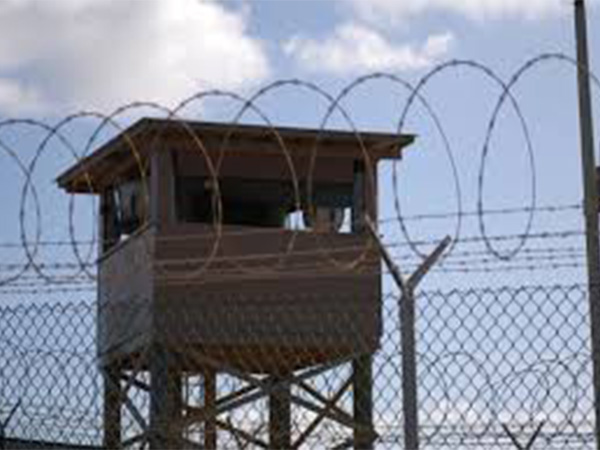The Pakistani Army is reportedly planning to set up internment centers in Balochistan, similar to those previously set up in Khyber Pakhtunkhwa (KP) and likened to the Guantanamo Bay prison complex or the ‘black sites’ in Afghanistan.
Critics warn that these centers, controlled by non-civilian personnel and denying access to family and legal aid, could formalize enforced disappearances in Balochistan.
Former senator Farhatullah Babar expressed concern on the social media platform ‘X’, stating, “Deeply concerned over reports of setting up internment centres in Balochistan. These opaque centres run by non-civilians arbitrarily without allowing access to family/legal aid in merged districts of KP, are Guantanamo bay prisons & used to formalise enforced disappearances.”
In KPK, such centers were established under the Actions (in Aid of Civil Power) Regulation. The regulations, enacted in 2011 but applied retrospectively from 2008, gave security forces sweeping powers to arrest and indefinitely detain individuals and sanctioned the setting up of internment centers.
However, in 2019, the Peshawar High Court ruled that these centers in KPK were unconstitutional, stating that indefinite detention without trial violates fundamental human rights and due process. Despite this ruling, reports suggest that similar facilities continue to operate in KPK and could now formally expand into Balochistan.
In recent years, internment or “torture” centers are reported to have proliferated inside military cantonments in Balochistan. However, neither the Army nor the Pakistani Government has publicly acknowledged their existence.
Baloch rights groups describe these centers as places “where people are disappeared, tortured, and interrogated outside of the law.” Rights groups claim that thousands of people have gone missing in Balochistan over the past decade.
According to the Voice for Baloch Missing Persons (VBMP), more than 45,000 Baloch men, women, and children have been disappeared by Pakistani forces and are languishing in such “torture” centers.
The United Nations Working Group on Enforced or Involuntary Disappearances (WGEID) has also highlighted the significant number of enforced disappearances in Balochistan. However, Pakistani authorities either do not comment on these disappearances or reject the allegations.
The formal establishment of these internment centers in Balochistan is seen as an attempt to legalize enforced disappearances under the guise of “national security and counter-terrorism.” Critics argue that the establishment of these Guantanamo-like centers could lead to widespread human rights violations, further destabilizing the region.
Guantanamo Bay, established in 2002, is a site of unparalleled notoriety, defined by the systematic use of torture and other cruel, inhuman, or degrading treatment against hundreds of men brought to the site and deprived of their most fundamental rights.
The potential for similar practices in Balochistan has alarmed human rights advocates, who fear that such internment centers could institutionalize severe human rights violations. However, the Army and the Pakistani Government have yet to publicly acknowledge these plans or address the concerns raised by human rights advocates.

